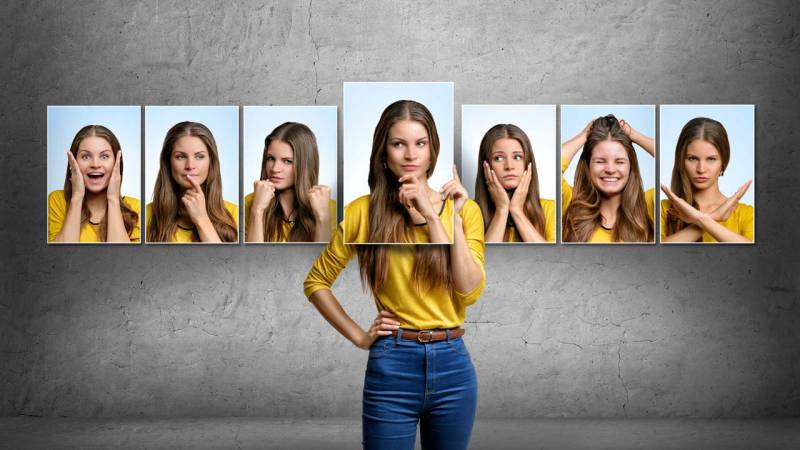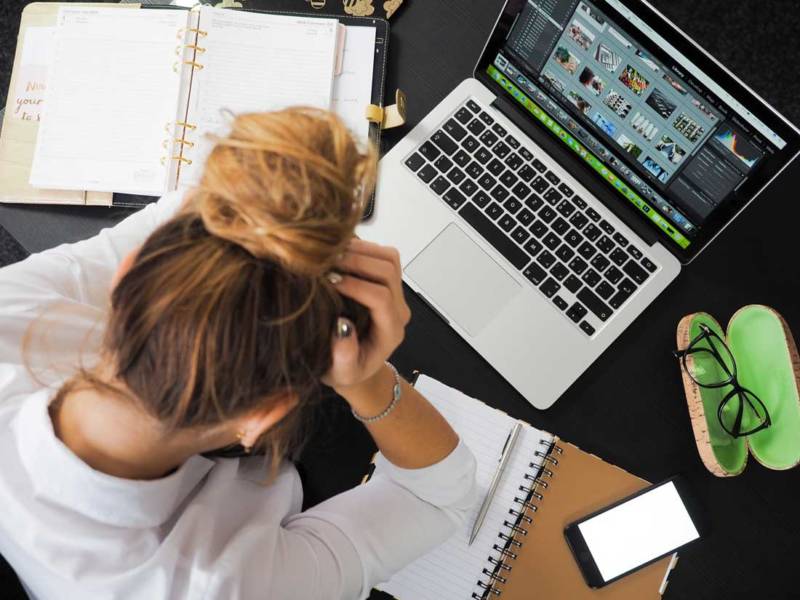Physical wellness is an important part of managing your anxiety. In order to have the skills of physical wellness, you need self-responsibility. Responsibility is the quality or state of being responsible or accountable for one’s actions. Put the word “self” in front of it, and it takes on the meaning that you are responsible for your own actions. In order for you to achieve the skills of physical wellness, they have to first become self-responsible. That’s because without a commitment to live a healthy lifestyle, nothing will be achieved.

Here are five topics to help you become self-responsible:
- Take accountability
- Recognize self-esteem
- Manage your stress
- Stressors
- Steps to Self-Responsibility
Take accountability
The first step on your journey to physical wellness is to commit to live a healthy lifestyle. You must recognize that you are responsible for your own actions. Nothing will be achieved if you aren’t committed to living out physical wellness. This means you must make a conscious decision to live a healthy lifestyle. It is necessary for you to have a sense of accountability for your health and to avoid high risk behaviors. Understand that your health is primarily in your own hands.
Why do people choose high-risk behaviors such as smoking and alcohol consumption? The reason is simple—they see these behaviors as satisfying. The reality is that a lifestyle of wellness, based on self-responsibility and accountability, can provide more satisfaction than any combination of high-risk behaviors. Rather than turning to these high-risk behaviors, you must choose a life of wellness and plan to stick with it in order to achieve success.

Recognize Self-esteem
Any discussion of physical wellness is useless if you do not look deeper into the issue of self-esteem. Why? Simply stated, you are what you think you are. If your self-esteem is low, your opinion of yourself is also low. On the other hand, if your self-esteem is high, you feel good about yourself and how you look and feel. Low self-esteem will lead to discouragement about maintaining or improving physical wellness while high self-esteem will help you to improve and maintain your physical condition. It has been proven that one of the major benefits of a good exercise program is that it will help promote physical wellness which gives a big boost to your self-esteem and your general sense of well-being.

Manage your stress
Over the past decade, the link between stress and disease has become more clear. Research has concluded that continued emotional stress over long periods of time results in a suppression of the immune system and a susceptibility to a variety of diseases. Stress has been associated as a risk factor in many major diseases, including cancer and heart disease. It has also been linked to other health problems including arthritis, lower back pain and chronic headaches. Stress can even weaken your resistance to common infectious diseases like colds and the flu.
When the daily stress of life increases there is a tendency to neglect your body’s need for rest, relaxation and exercise. Good eating habits also deteriorate when levels of stress are high. The very things that can help us through rough periods of stress, such as exercise, rest, and good eating habits, usually go out the window when stress is present over a long period of time. If you have ever been really upset over a problem, you may have gotten a headache, upset stomach, a cold or the flu. Stress can be at least partly to blame for almost any disease and can often cause a physical reaction, such as difficulty breathing, sleeplessness, severe headaches, muscles aches, sweating or dry mouth.

Stressors
A stressor is an event, situation or thought that causes you stress. A stressor is a trigger. When this trigger happens, you can decide how to react. If you allow the stressor to bother you, your emotions get involved and cause you physical discomfort. Usually this all happens without you even being aware of the process.

Steps to self-responsibility
Self-responsibility means that you are responsible for your own actions. Without making a commitment to live a healthy lifestyle, nothing will be achieved. Self-responsibility will not happen overnight. There are several steps to help you achieve self-responsibility on your journey to physical wellness. Take a look at the following steps to self-responsibility:
- Accept your current situation. Realize that everyone needs to start somewhere.
- Talk to others who have succeeded. Develop a support system that you can turn to when you need encouragement.
- Stay healthy. Make good, healthy choices and try your best to stick to them.
- Control your self-talk. Silence your negative inner critic and replace it with more positive thoughts.
- Ask for help. You don’t have to do it all on your own. Find a mentor or partner to help you on your journey.
- Set your goals and establish a tracking process. Set goals so you know what you are working toward. Make sure you track your progress so you know how far you have come and can stay motivated.
- Learn to handle setbacks. You will experience setbacks on your journey. Don’t view them as failures, use them as learning experiences.
- Persist, persist, persist. Don’t give up on your commitment to physical wellness.
Thanks for tuning into our series on anxiety management and physical wellness. If you’d like to learn more about the importance of stress management and how The Anxiety Management Program works, download our PDF brochure here.
